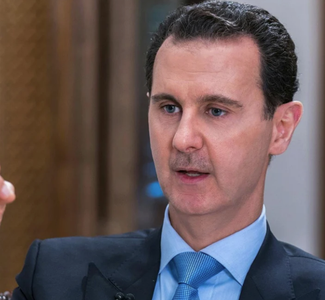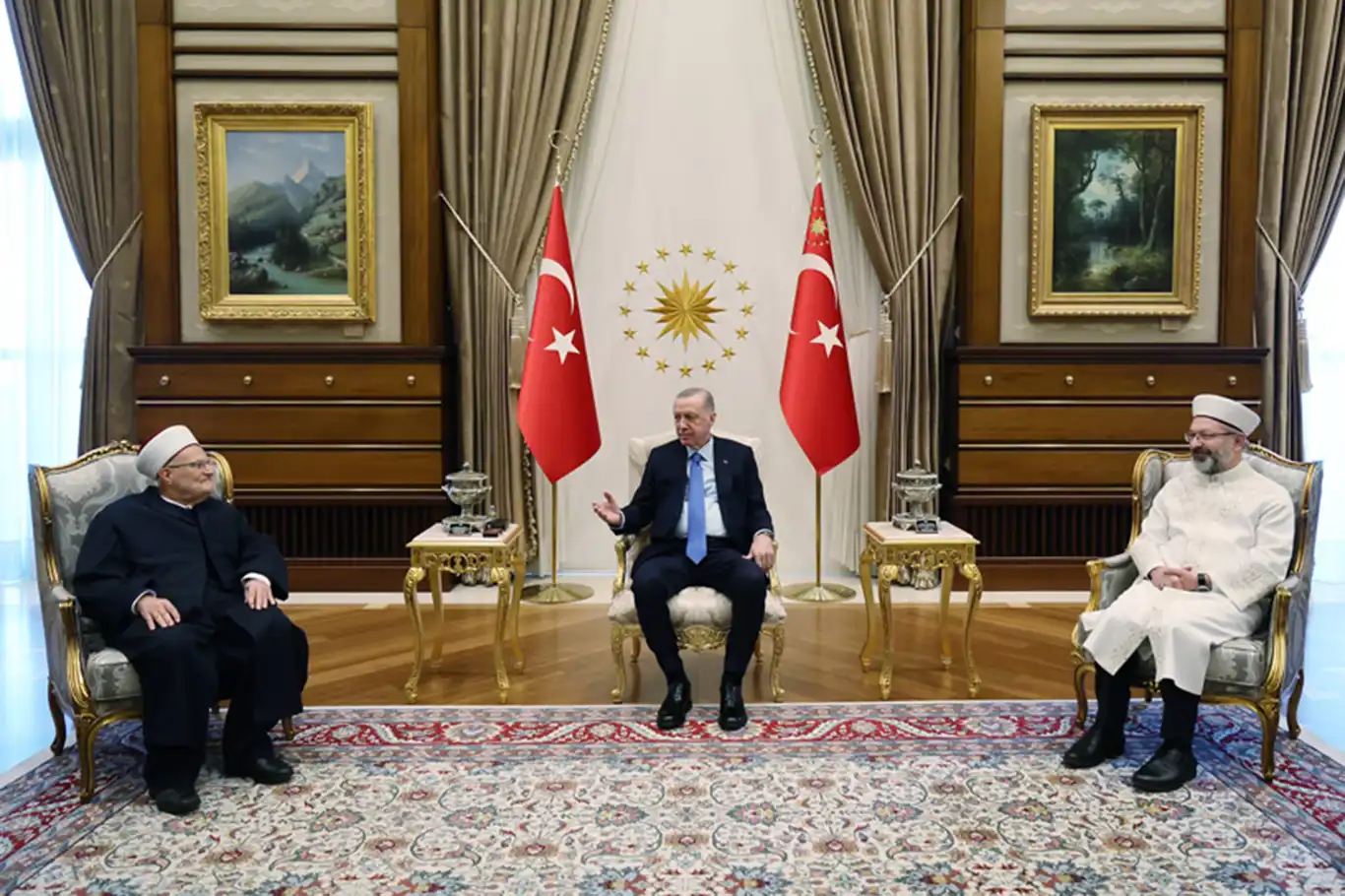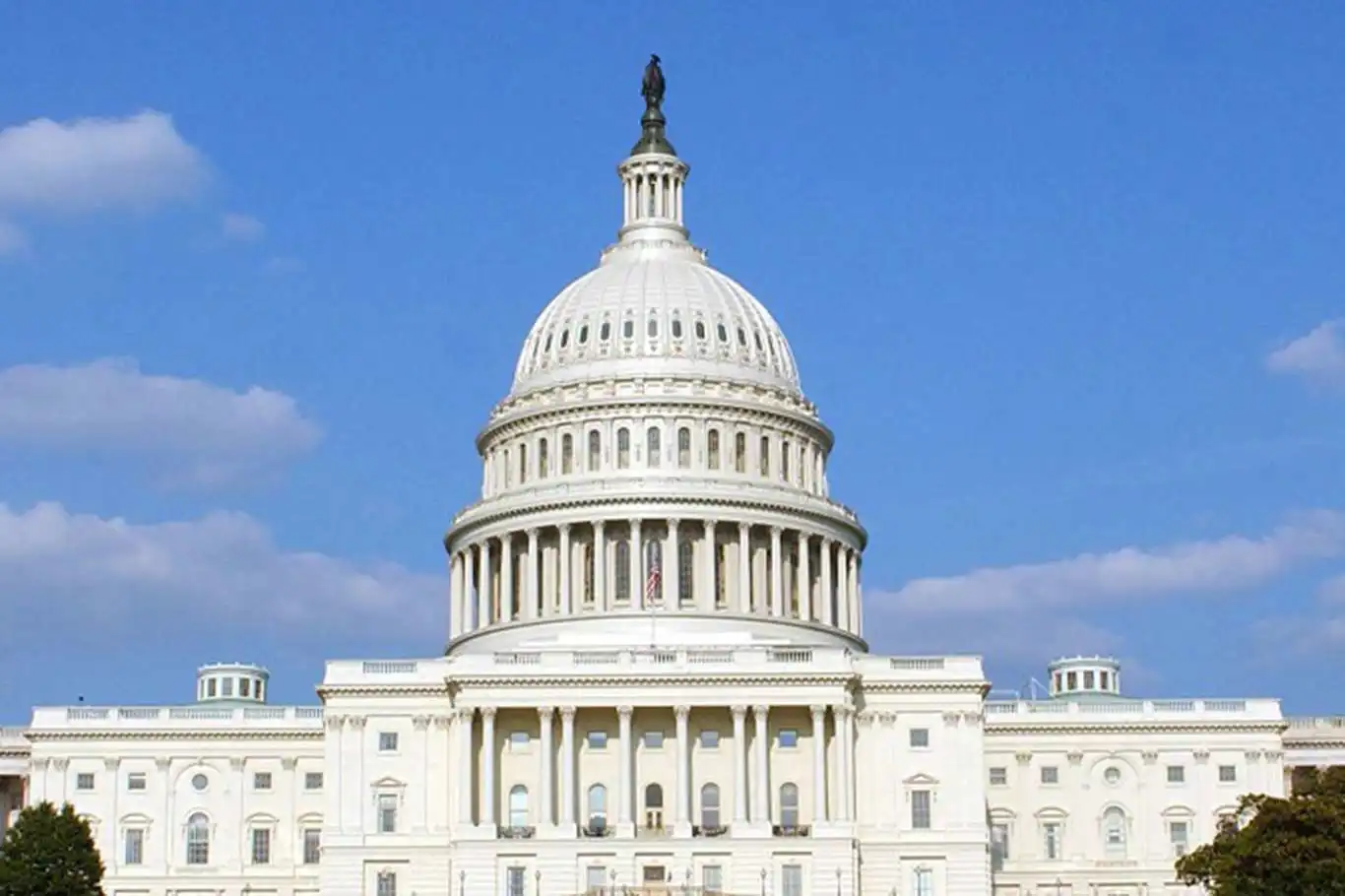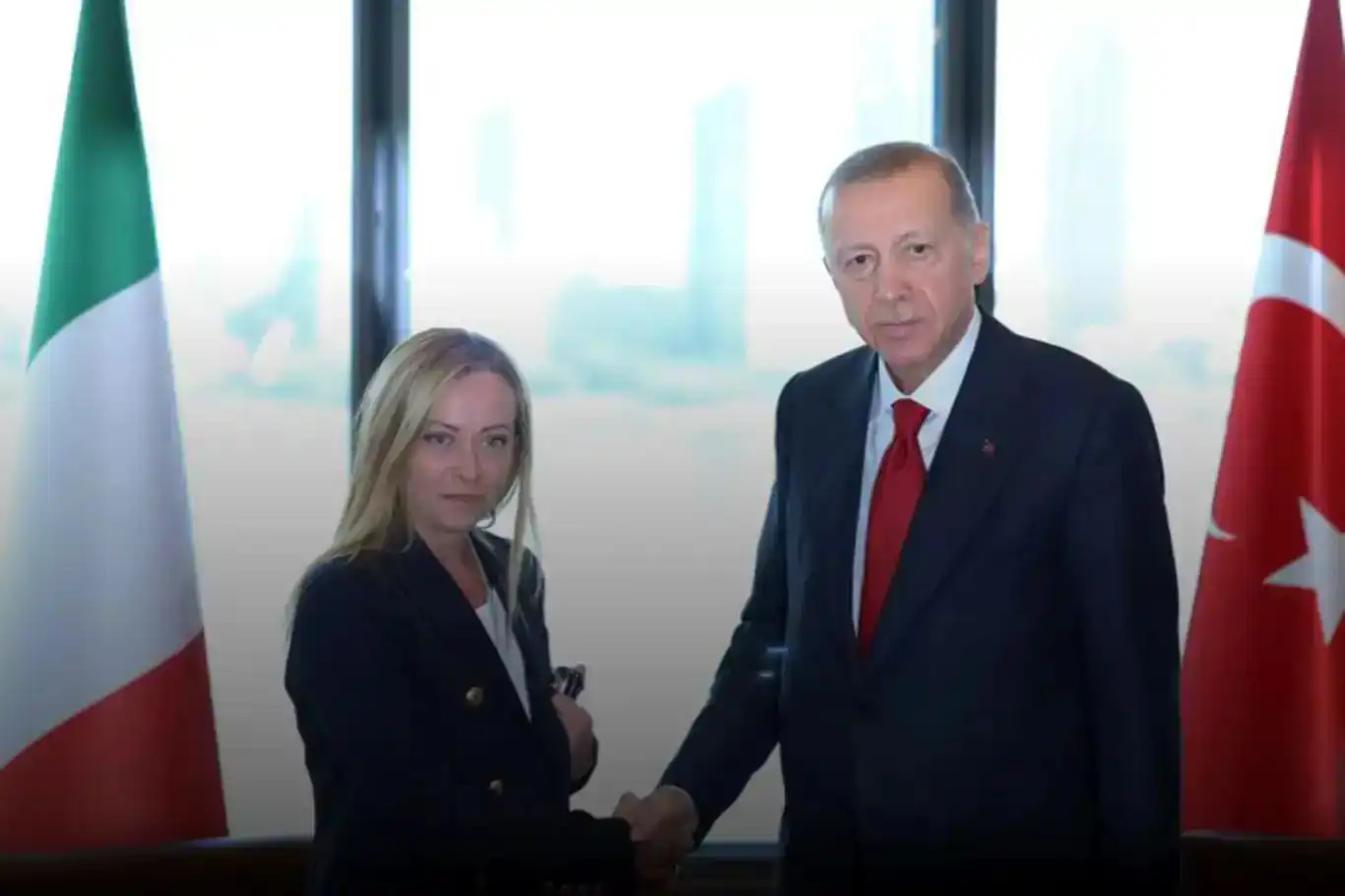Russia condemns U.S. sanctions on energy sector
Russia’s Foreign Ministry has condemned the latest U.S. sanctions targeting its energy sector, describing them as an attack on its economy and a threat to global energy markets.

 Google News'te Doğruhaber'e abone olun.
Google News'te Doğruhaber'e abone olun. The statement comes a day after the U.S. Treasury Department announced sanctions on key Russian oil companies Gazprom Neft and Surgutneftegas, along with 183 vessels involved in oil transport.
The ministry stated that the sanctions reflect "an attempt to inflict at least some damage to the Russian economy, even at the cost of the risk of destabilizing global markets." Despite these economic pressures, Russia reaffirmed its commitment to continuing its major oil and gas projects, positioning itself as a "key and reliable player in the global market."
The sanctions, part of a broader strategy by the outgoing Biden administration to cripple Russia's economy ahead of U.S. President-elect Donald Trump's inauguration on January 20, 2025, aim to reduce Moscow's financial capacity to sustain its military operations in Ukraine. U.S. officials argue that these measures have already led to significant economic weakening, including high inflation and interest rates in Russia, impacting its long-term economic competitiveness.
The Russian Foreign Ministry further accused the U.S. of dragging the global energy sector into a "hybrid war" against Russia, attributing the actions to a "Russophobic lobby in the West." Russia has promised retaliatory measures in response to what it labels as Washington's "hostile actions," with implications for its foreign policy strategy.
Ukrainian President Volodymyr Zelenskiy welcomed the sanctions, asserting that they would deal a "significant blow" to Moscow. "The less revenue Russia earns from oil ... the sooner peace will be restored," Zelenskiy stated, emphasizing the strategic importance of these sanctions in potentially hastening the end of the conflict.
The Biden administration's efforts include over $65 billion in aid to Ukraine since the onset of the war in February 2022, aimed at providing leverage for negotiations promised by the incoming U.S. administration to end the war.
This latest escalation in U.S.-Russia tensions highlights the ongoing use of economic warfare in the broader geopolitical strategy surrounding the Ukraine conflict. (ILKHA)



















































